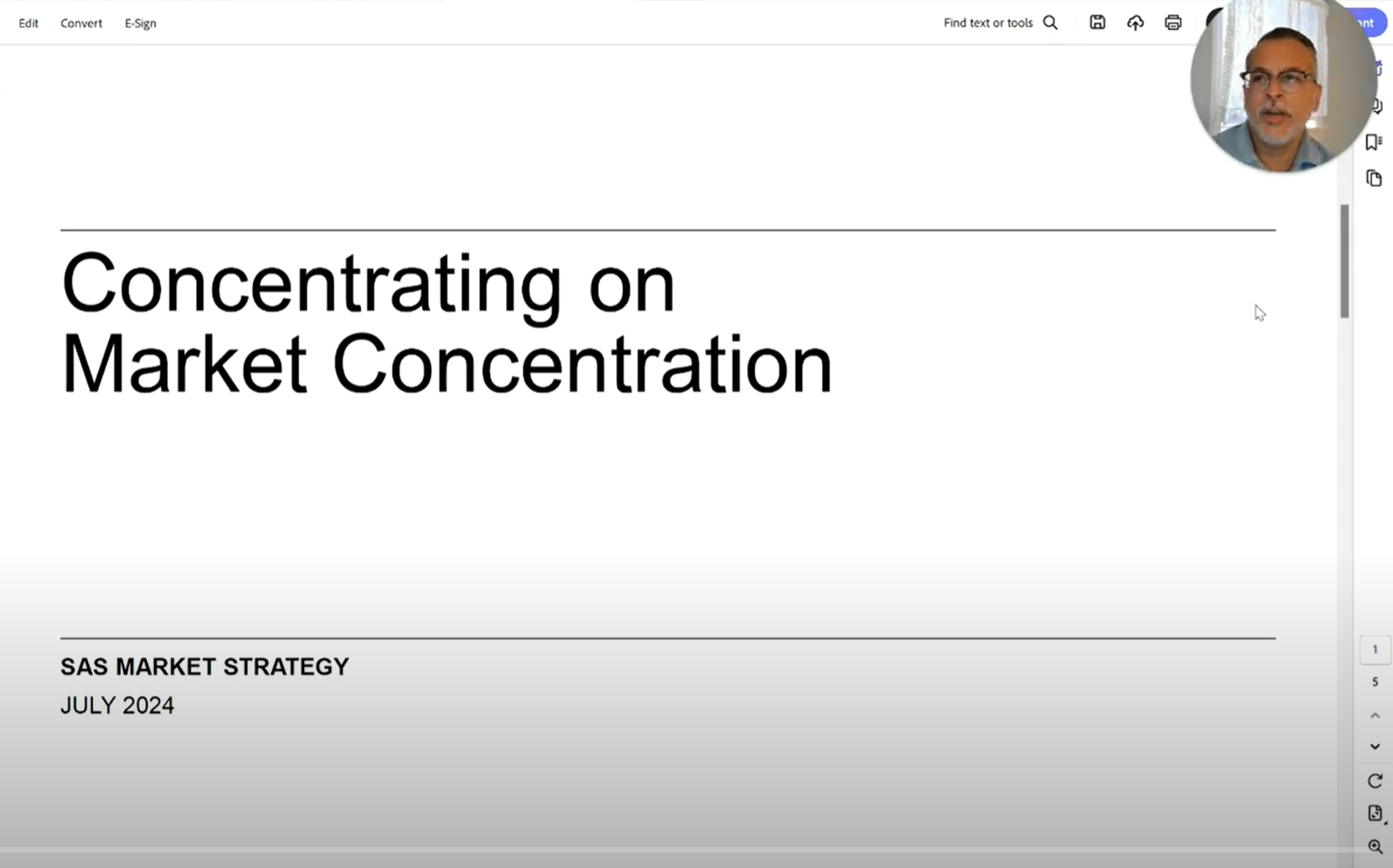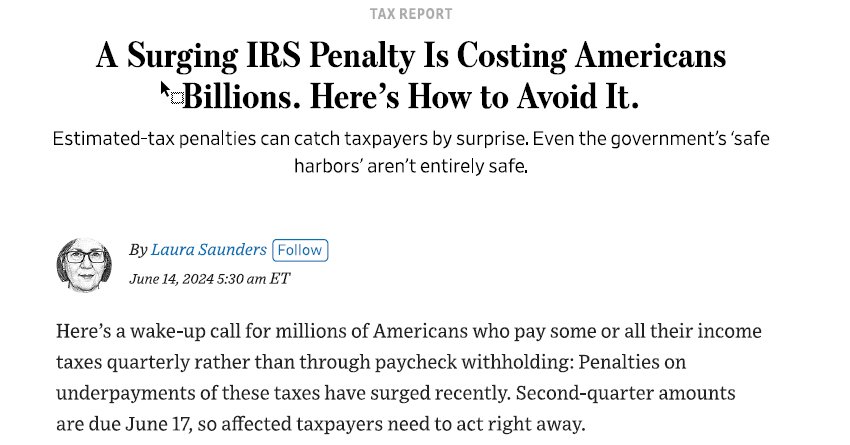Owner of a small business? How about a vacation home or investment property that you established an LLC to own? Guess what? You probably are subject to a new reporting requirement to the U.S. Department of the Treasury you may not yet be aware of.
Why should you pay attention to it? Because the proposed fines and penalties for not reporting are steep: $500+ per day for every day you file late! The law passed by Congress also lists prison time as a possible penalty. Sounds crazy, I know – but I take it as an indication of how seriously they are taking this.
Congress passed the Corporate Transparency Act in 2021 and these new reporting requirements came into effect January 1, 2024 requiring entities to report beneficial ownership information to the Financial Crimes Enforcement Network (FinCEN).
When do I need to report my company’s info by? January 1, 2025 – so pretty soon!
How do I know if I need to report? The best thing to do if you are unsure is to seek advice from an attorney. There is also a lot of information on the FinCEN website along with an informative FAQ section.
What is this all for? Here’s the language direct from the FinCEN website: In 2021, Congress passed the Corporate Transparency Act on a bipartisan basis. This law creates a new beneficial ownership information reporting requirement as part of the U.S. government’s efforts to make it harder for bad actors to hide or benefit from their ill-gotten gains through shell companies or other opaque ownership structures.
In short, any organization formed via a filing with the Secretary of State will need to report beneficial ownership information. This typically means all LLCs, S-Corps, C-Corps & limited partnerships, etc. There is a list of exempt companies who aren’t required to file that can be found here.
Sharing our personal experience: Single Point Partners falls under the list of exempt entities (we already have to report ownership information to the SEC as an investment advisor). However, we have a separate entity (Single Point Management) that acts as a parent company to SPP. Single Point Management is not exempt, so we have been through the process of reporting already.
We were able to file this on our own and our experience was that it was a relatively simple process, it really only took a few minutes. For more complex situations (like when a trust with multiple control parties owns an LLC) you may find seeking legal guidance is needed.
One tip we received that was helpful in the process (mainly as it will simplify future reporting requirements for us) was to have each beneficial owner sign up for an individual FinCEN identification number first. This makes the initial reporting process a little easier at the company level and also helps with reducing the ongoing maintenance needed by the company as each owner becomes responsible for any updates (like an address change).
While FinCEN has been engaged in an outreach program to spread the word about this, in my opinion there is not yet much awareness of this requirement. If you know someone who owns a small business, forward this along to them so they know.
To be very clear, the above is all to bring awareness to this requirement and is not meant to be legal advice. If you have questions or need any guidance on this requirement, you should reach out to an attorney.













